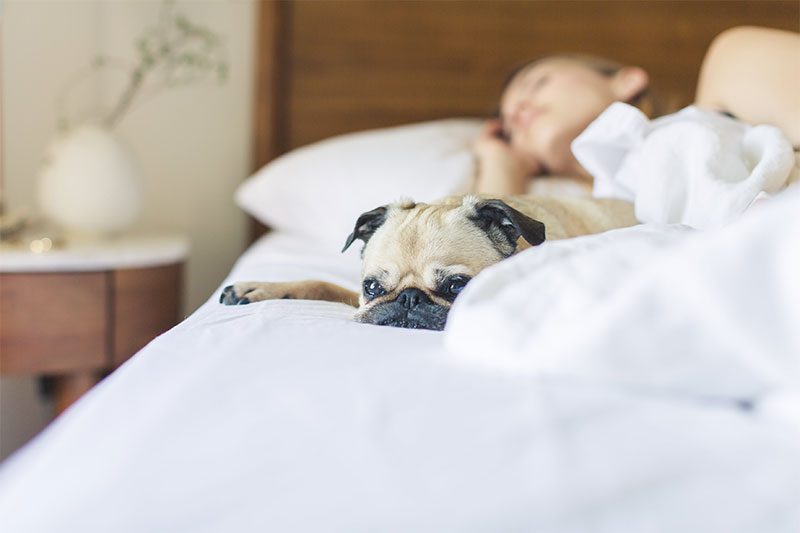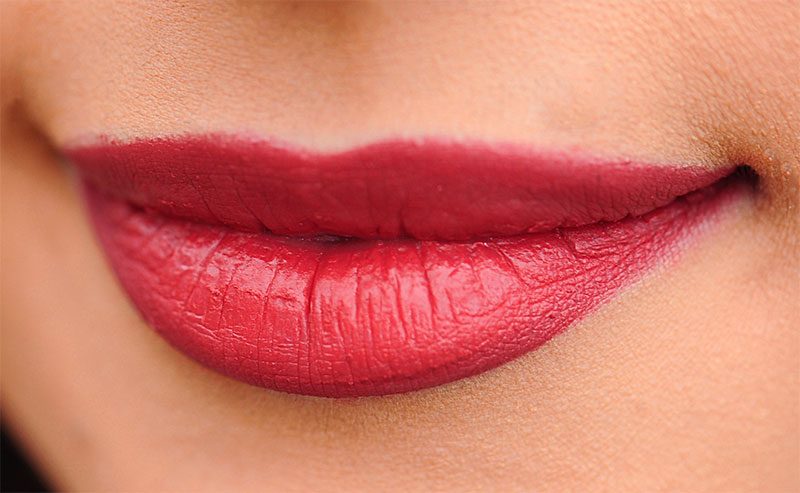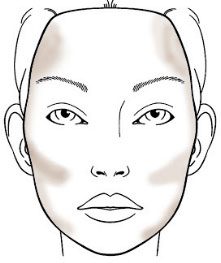
What actually is beauty sleep?
Dark circles, dry skin and premature wrinkles are all signs that you’re not getting enough beauty sleep. Call it what you’d like, but if you’re getting less than 6 hours of sleep a night, it’s likely to affect your appearance, mood and overall health.
Sleep experts recommend between 7-9 hours of quality sleep each night. So, it’s time to ask yourself an honest question – are you getting enough sleep?
Worryingly, research by the Sleep Health Foundation shows that 33-45% of all Aussies aren’t getting enough sleep – causing fatigue, irritability and, potentially, mental health issues.
For women, another contributing factor that can destroy your sleeping habits is menopause. Changing hormone levels mean you’re constantly exhausted and may find it more difficult to get to sleep. When you enter perimenopause, your progesterone levels drop, undermining your chances of a good night’s sleep.
A lack of restful sleep can wreak havoc on your skin:
- Less collagen reproduction means duller, flat skin that will wrinkle more easily.
- When you sleep, your blood flow is boosted which gives you those rosy, youthful cheeks. Take away a full night’s sleep and you’re looking at a lifeless, pale complexion.
- Skin becomes imbalanced due to lack of sleep, which means your moisture levels decrease and your complexion pH levels are lowered. Consequently, your skin won’t have a natural ‘flow’ and you’re more likely to suffer from redness, breakouts and an uneven skin tone.

When it comes to your beauty routine, it turns out sleep may be the most vital ingredient of all. A full night of sleep can make a world of difference and it can come in handy to know what happens and when.
- The first three hours of sleep should be the deepest and this is when the magic happens. It’s when your body produces the most human growth hormone, which helps to repair you skin, hair and nails.
- The following few hours are known as REM (Rapid Eye Movement) sleep, which is when you dream (probably about perfect skin!). It’s during this sleep stage that your Melatonin hormone is produced. Melatonin plays an instrumental role in helping regulate the body’s internal clock. It may also be good for the skin, according to dermatologist, Whitney Bowe. Melatonin is able to suppress UV-induced damage to skin cells and works as an antioxidant, meaning it protects cellular DNA from free-radical damage.”
- The final hours of sleep are when your skin recovers most, as your temperature is lowered and your muscles are completely relaxed. Remember to always aim for at least eight hours of sleep a night. To achieve the perfect beauty sleep, drink plenty of water and avoid screens for at least an hour before going to sleep.


